Ahead of the 2022 League of Legends Championship Series spring playoff final, league officials already had their eyes on the future. That’s because while franchising created opportunities for consistent partners, team recognition and continuity at the top, the 2018 decision also had an unexpected consequence on the LCS amateur scene.
“Pre-franchising, the dream of five friends was still very much alive,” said former league commissioner and head of esports for North America, Chris Greely. “You could watch Worlds in November, put your team together and go from literally watching it on your couch to playing at the World finals in a year.”
That never happened, but Greely said the possibility was important for fostering young talent.
“While there was still an incentive for players to get better, we removed the incentive for organizations to develop because there was no longer a path to sustainability,” Greely added. “I think the large unintended consequence was we essentially killed the amateur scene.”
Young players have already pulled off some incredible performances during the spring playoffs, and league officials are looking to create similar opportunities for amateurs by rebuilding the pipeline to pro play while getting back into the swing of live events.
The challenges of the pandemic made digging the LCS out of that hole problematic, but doing so remains a major focus for the league. According to LCS leadership, that means more opportunities like last month’s Proving Grounds tournament, which replaced the NA Academy playoffs in a large-field tournament that combined both Academy and amateur teams.
Running the two scenes in parallel has allowed both to proliferate as they compete on a level playing field, and LCS officials view expanding on this model as the path forward.
“That’s the pipeline that is ultimately going to determine what the LCS looks like in five years,” Greely said.
Expansion also means a renewed commitment to bringing matches to where their fans are. As viewership numbers lagged in recent months, Greeley said events like the spring final and the complementary FanFest, hosted by NRG Stadium in Houston, Texas, are key to reviving the system from the bottom up.
After all, league officials put the LCS through something of a rebrand in 2021, and they’ve tried to incorporate fans at every level as an overriding principle. That’s something Greeley said should pay dividends in terms of viewership and engagement in the years to come.
“If you turned on an NBA game during COVID and there were no fans and you guys hear the sneakers squeak on the court… it was just a difference experience,” he said. “And while we maintained a really high production level when we were remote, you just get a much different energy when our casters are next to each other and the players are behind them and there’s fans screaming their faces off.”
Following the spring playoffs’ conclusion on Sunday, the LCS will return on June 18 after the international Mid-Season Invitational.


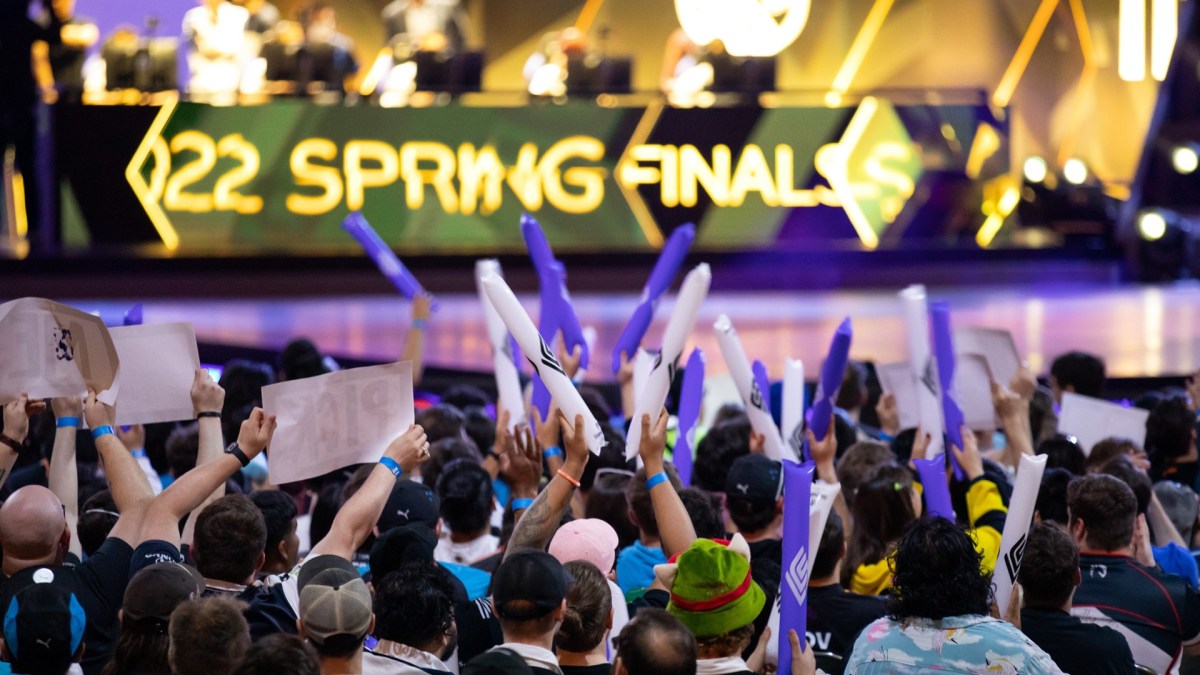
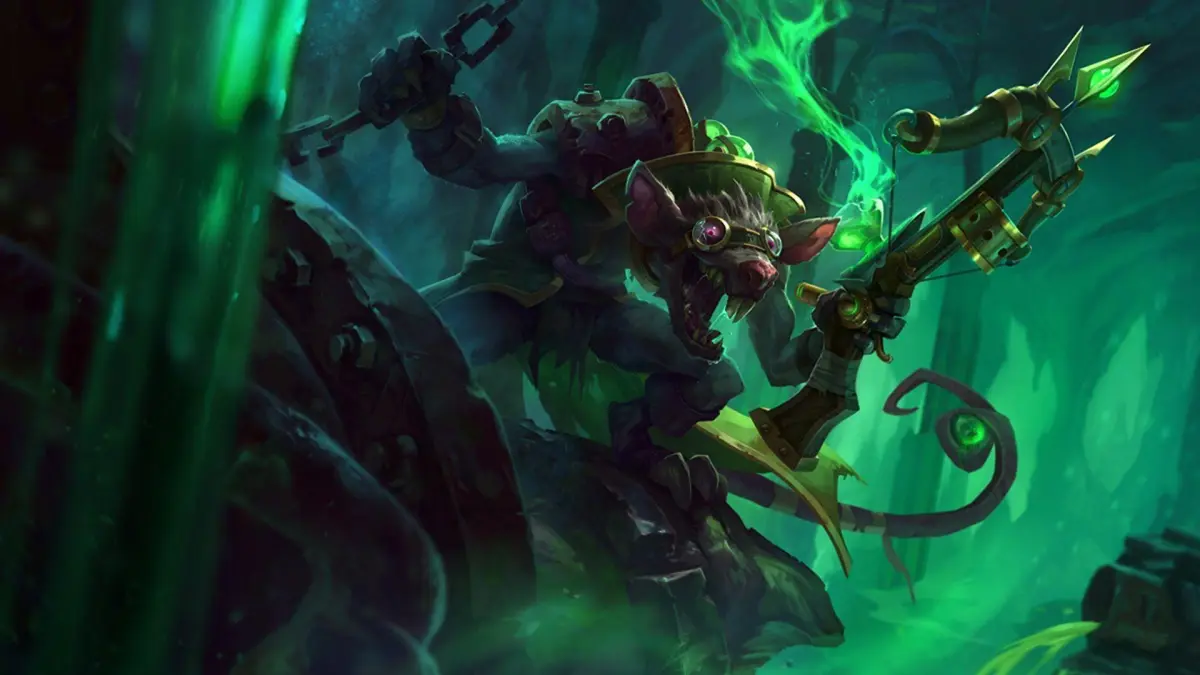
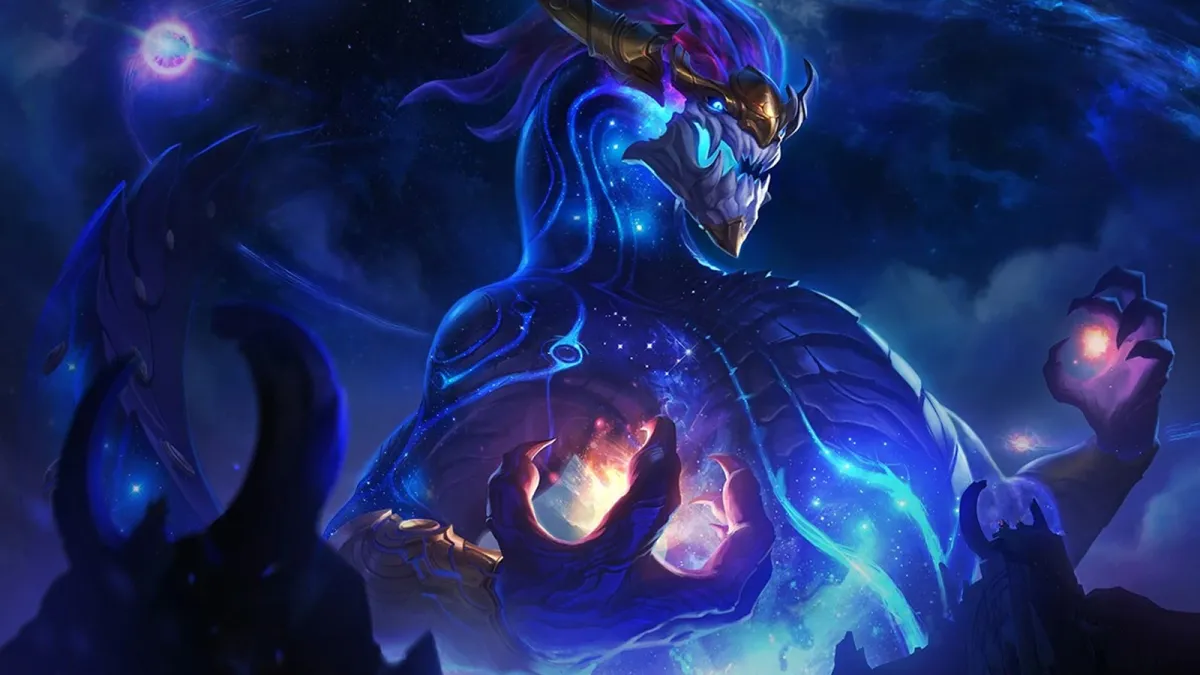
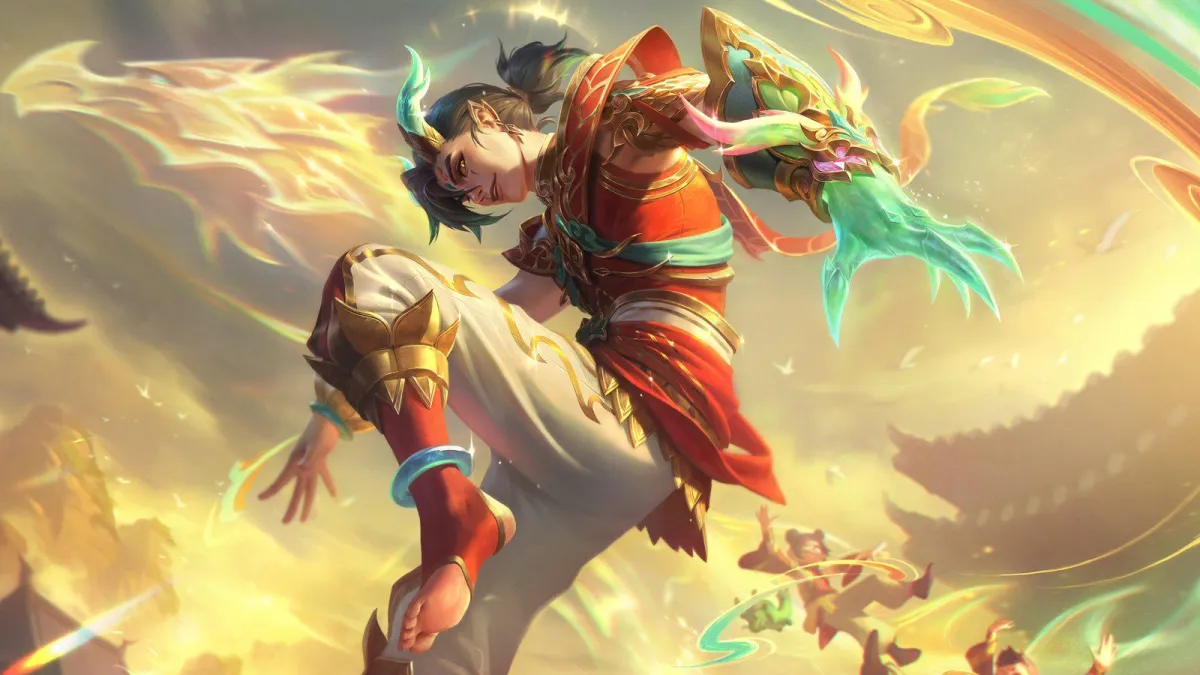
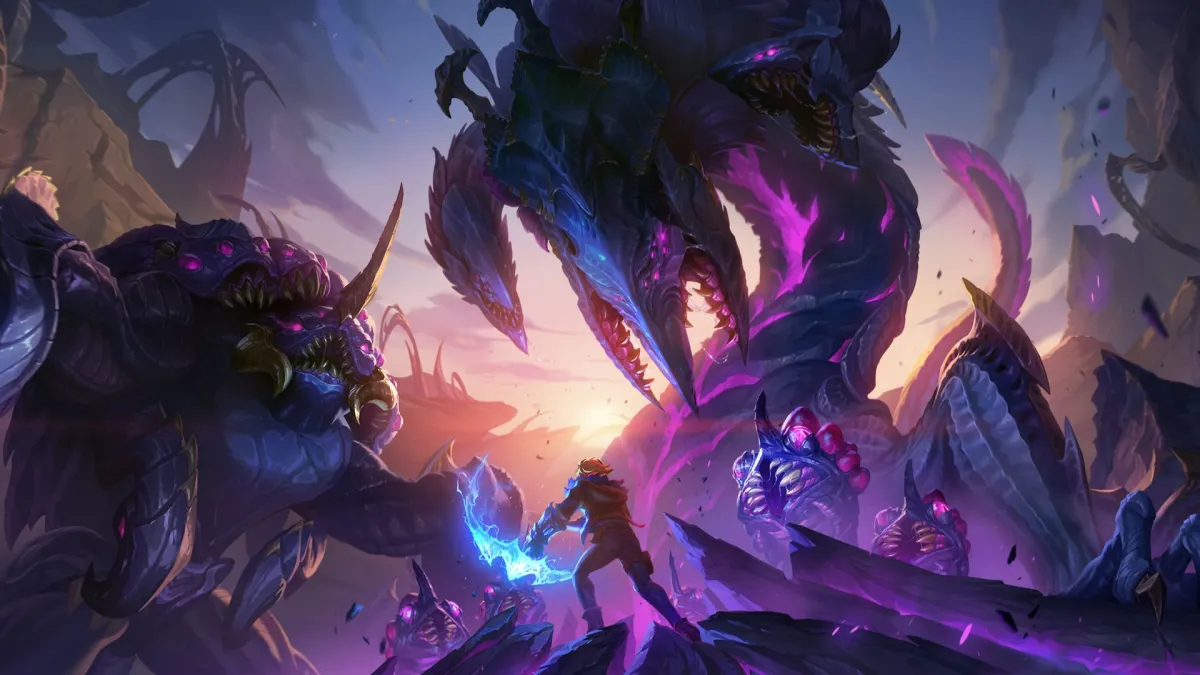
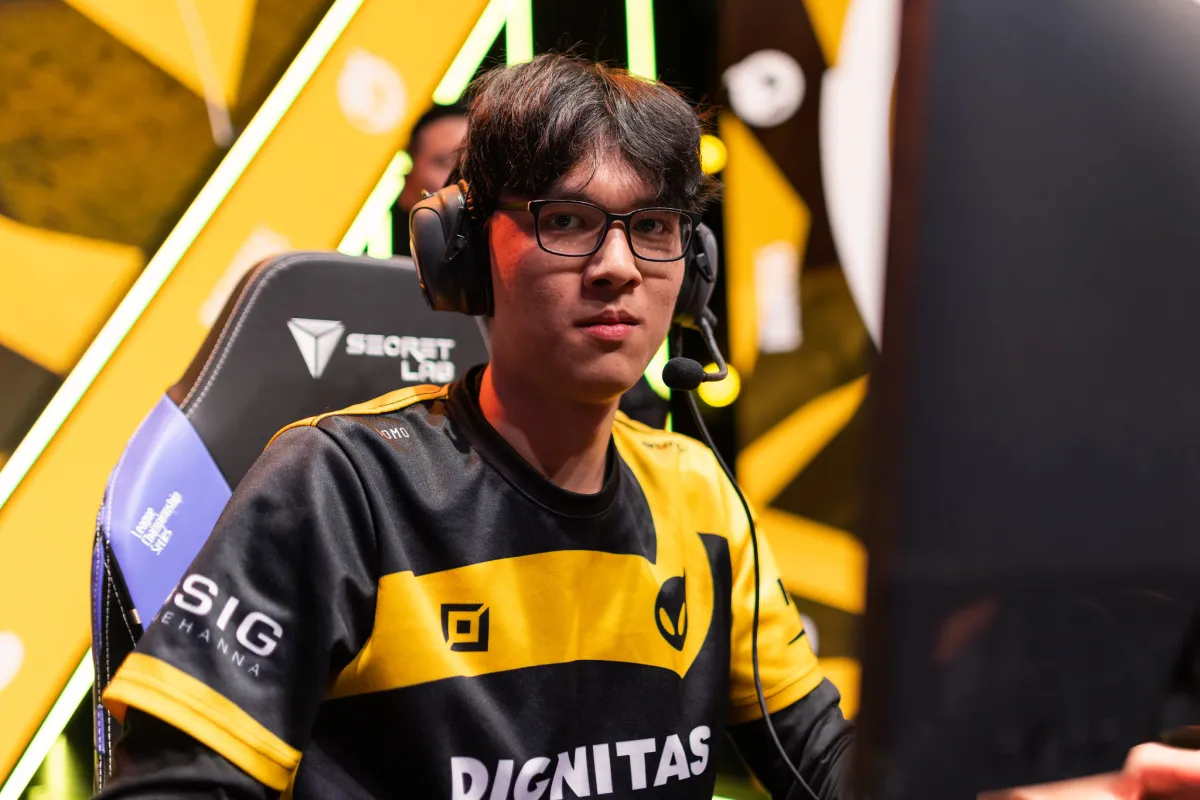
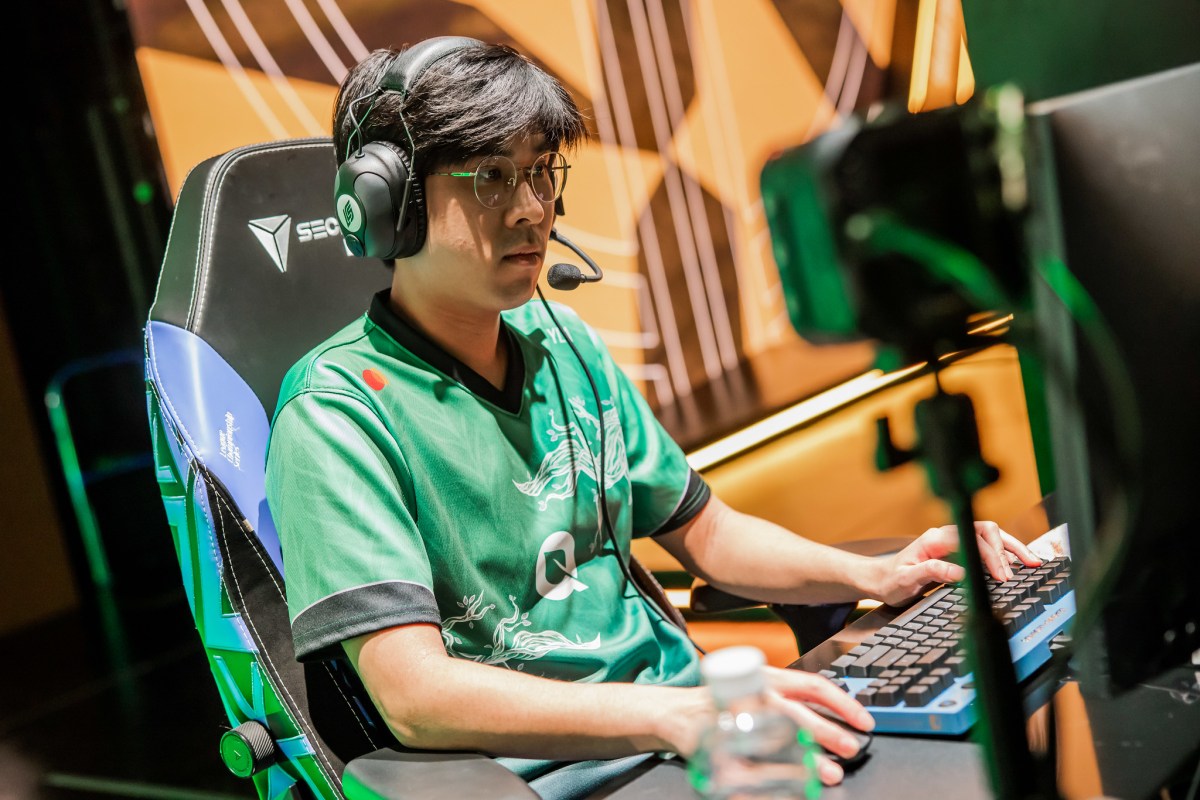




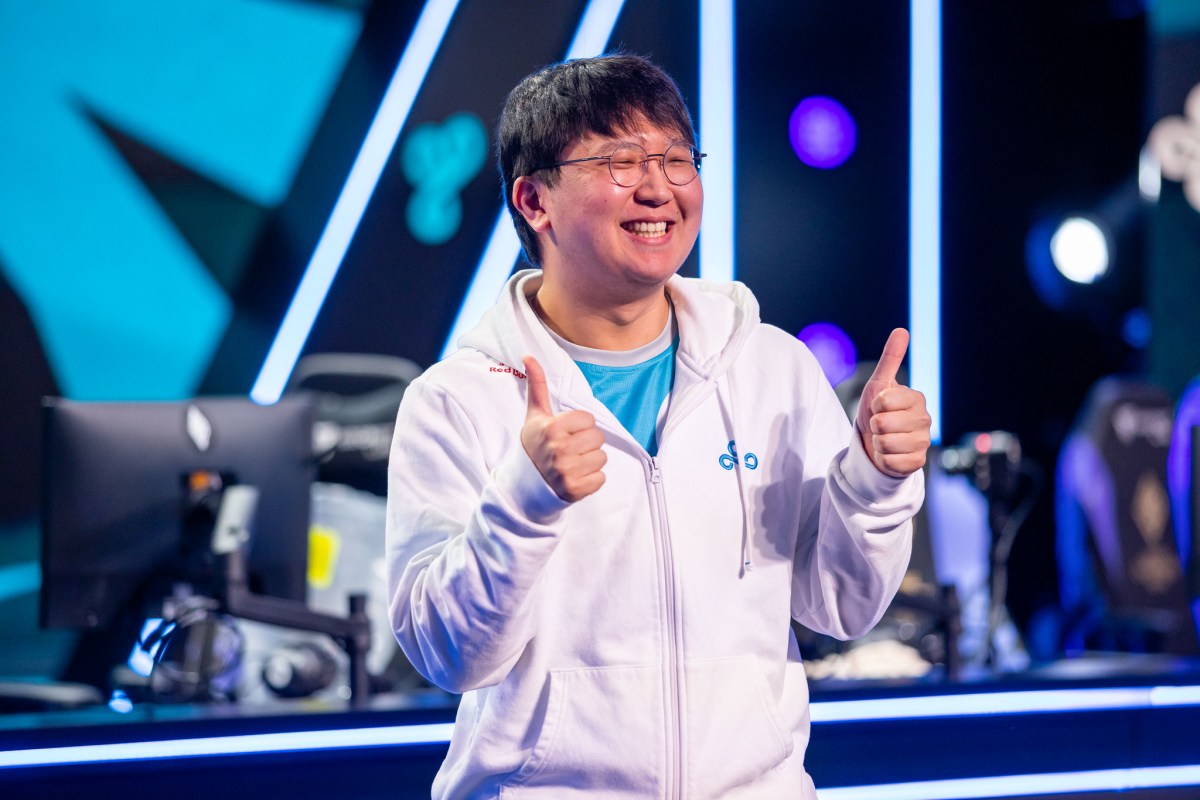

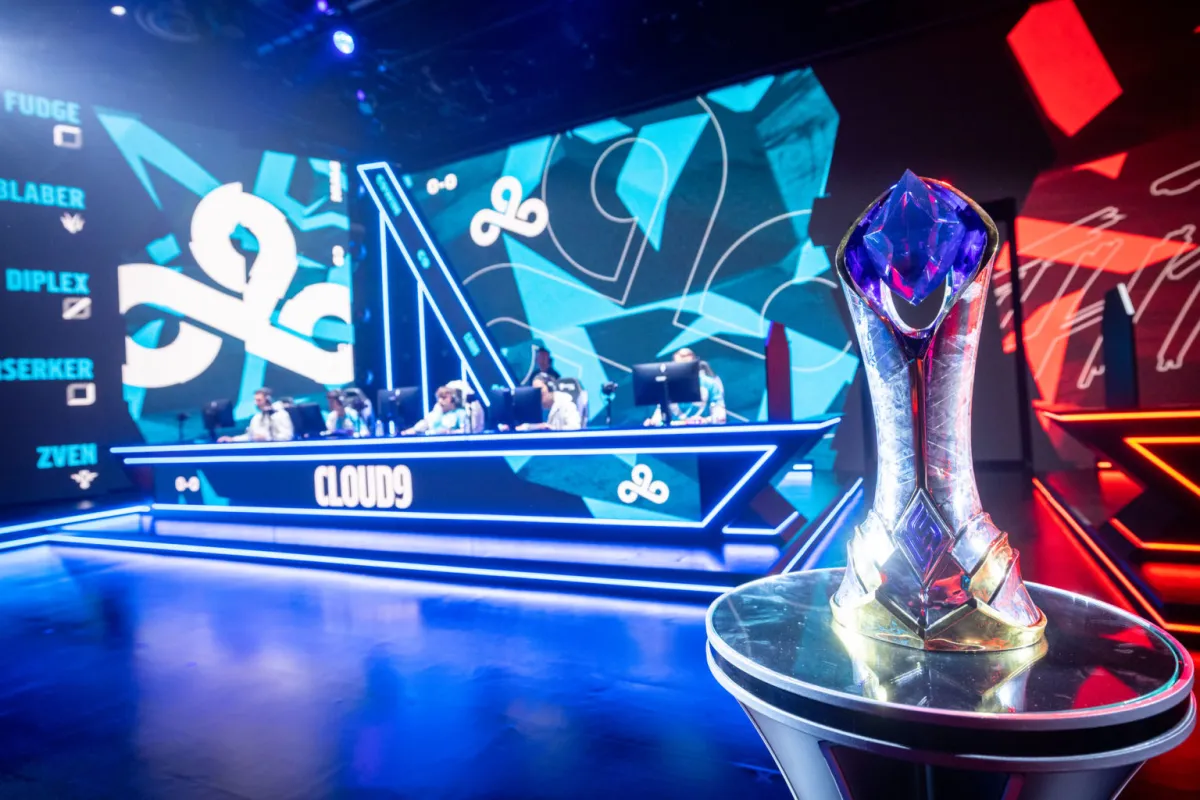
Published: Apr 24, 2022 01:36 pm